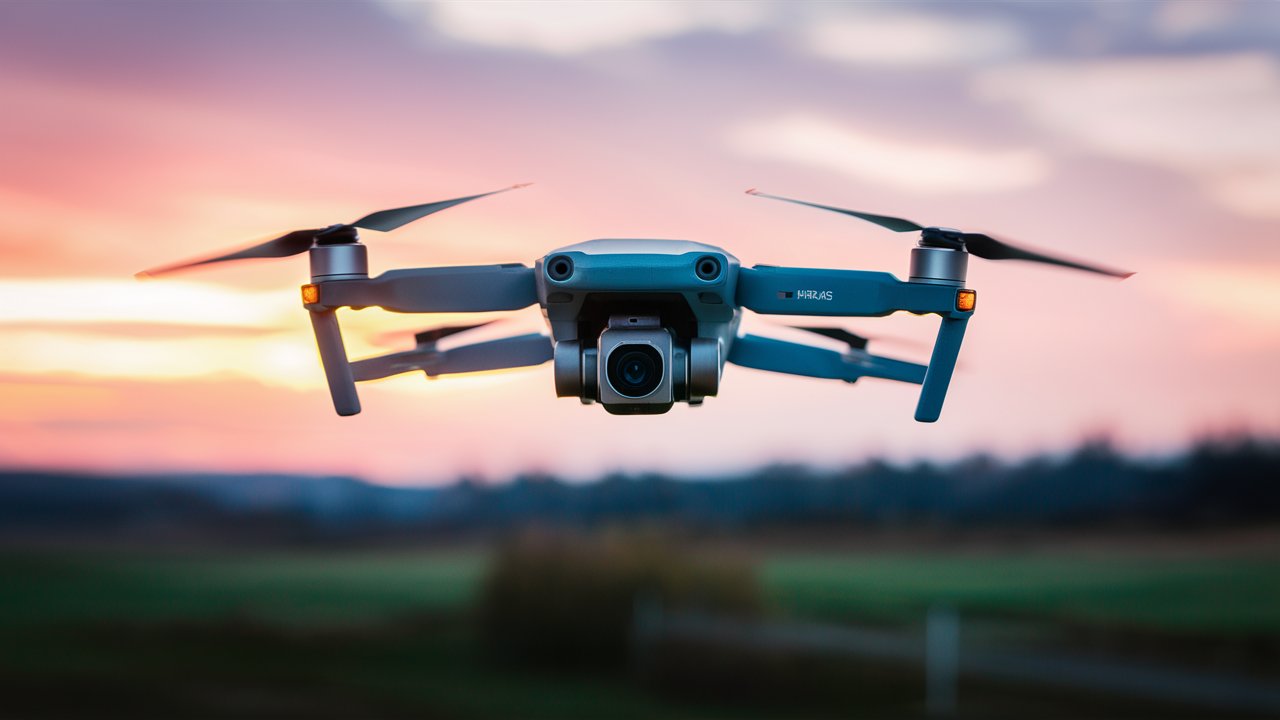Facial recognition technology is widely used as a security mechanism in areas such as public surveillance and mobile communication. It has become increasingly challenging for facial recognition systems to identify individuals. The present day solutions are based on identifying full face frames. The security breach occurs when the intruder wears a mask and identification becomes chaotic. The system uses a deep learning model for face mask detection and Procreates analysis to measure face identity similarity.
The findings offer promising insights into the future of facial recognition technology, specifically in the realm of face masked identity recognition. The system’s ability to recognize people accurately, even when wearing masks, highlights the potential for facial recognition technology to be more versatile and adaptive to current world scenarios.
As facial recognition technology continues to advance, it is exciting to consider how it might continue to evolve and adapt to meet new challenges and needs. The study provides a foundation for future research into face identification with masks. The integration of a CNN component for recognizing face masks and the use of Procreates analysis for identifying face similarity within the application adds to the growing body of research in face identification for people wearing masks. The self-obtained dataset and CNN network architecture used in this study contributed to the accuracy of the results.
The study’s results show that facial recognition technology can be effective even in situations where people are wearing masks or their faces are partially covered. As facial recognition technology continues to evolve, it is exciting to consider how it might continue to adapt and improve to meet new challenges and needs. Overall, it highlights the potential of facial recognition technology to be more versatile and adaptive to current global security crises, providing a promising avenue for future research in this field.



